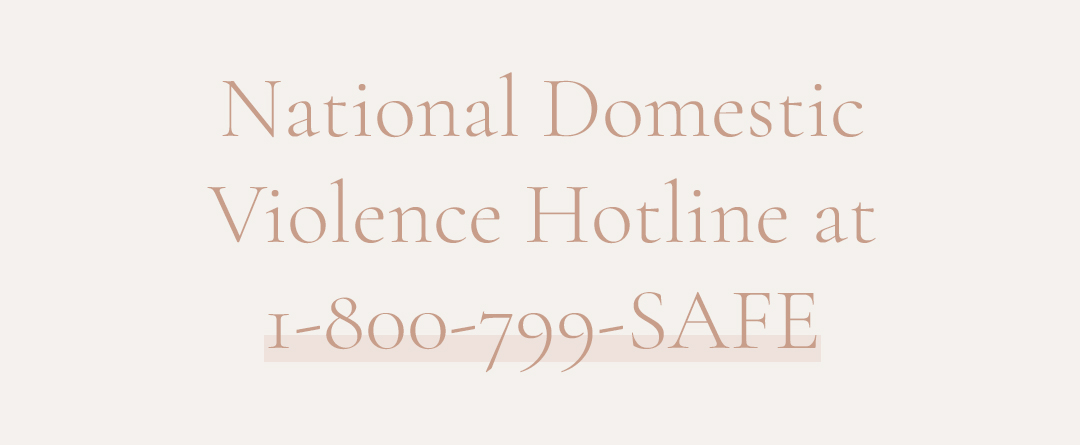May 13, 2020
Financial Abuse and COVID-19
One of the more insidious legacies of COVID-19 is its disproportionate impact on society’s vulnerable. In addition to worrying about the viability of businesses, the continuity of shelter, and the availability of education, many also have to deal with the COVID-exacerbated spectre of domestic abuse. As governments have scrambled to lock down and contain the spread, they have inadvertently removed the escape hatch that victims relied on to cope with abusive situations at home. With much of the nation in quasi-quarantine and first responders tied up with the ongoing health crisis, abusers have been running amok.
Abuse takes many forms and can be hard and even maddening to define and describe. In its most conspicuous state, abuse is welts, bruises, black eyes, and blows. But abuse takes a subtler form in certain swaths of society where the abuser is more strategic, highly aware that easily-detectable violence will cause reputational harm or other distasteful consequences. Enter a more nuanced but surprisingly prevalent manner of torment: financial abuse.
Financial abuse is about control: controlling the amount of money the victim has access to, how the victim spends it, and even his or her ability to save for the future. Often co-morbid with other forms of abuse, financial abuse may be more pervasive and pronounced amidst a pandemic that has threatened even the most financially secure with potential poverty.
Somewhat troublingly, you might not even recognize financial abuse when it is happening. While many perpetrators use overt intimidation to wield power over their victims, others use subtler techniques like manipulation to keep them disempowered. Prior to the pandemic, I spoke to a woman whose husband encouraged her to sell her only asset — a car she received from a previous divorce settlement — by telling her he would gift her a newer, better one. When she deposited the modest proceeds from the old car in her personal checking account, he raged that by keeping the money she had betrayed him and that she must turn the money over to him at once. Other women have told me of their abusers becoming irate over being asked for simple things like haircuts, school clothes for the children, or a new smartphone when an old one went bust. Still, others have reported spouses who lavish themselves with expensive toys and engage in pricey hobbies while severely limiting the victim’s ability to make discretionary purchases.
The following are more signs of financial abuse:
- Controlling your use of assets that you independently acquired
- Criticizing your financial acumen; eg, telling you you’re like a child and can’t handle money
- Demanding that you turn over any assets, income, or benefits held in your name
- Asking for your passwords and other private information that would allow them access to your private bank accounts
- Offering to support you in developing a budget or financial plan as a ruse to gain control of your affairs
- Criticizing or minimizing your choice of career or livelihood, including ridiculing you for making less money than them
- Impeding your freedom to make financial decisions on your own or the joint behalf
- Making major financial decisions without your approval
- Requiring you to ask for money and obtain their permission to make purchases
- Becoming irate over money issues and making you feel intimidated or uncomfortable to approach them with your needs
- Telling you that you are not capable and don’t deserve to have the things you ask for
- Berating you for not earning money even if you jointly decided that you would be a stay-at-home spouse
- Mocking or deriding your financial history and using your past mistakes as a basis for controlling all joint assets and decisions going forward






